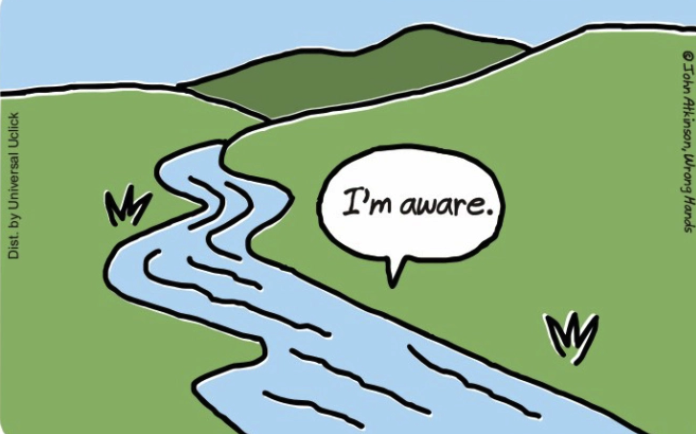As humans, we hate nuances. We want narratives to be straightforward, direct, and definitive. Multifaceted or convoluted realities are too cumbersome to confront and thus are often neglected. Yet, this aversion to complexity comes at a high cost, especially when applied to history.
Nowhere is this more evident than in America, where the remnants of slavery, the Confederacy, and centuries of discrimination remain painfully present in our society. On one hand, America likes to proclaim itself the best nation in the world—the pinnacle of equality, freedom, and opportunity. On the other, the nation outwardly recognizes its imperfections and opts to turn a blind eye to the systemic issues rooted in its history. This duality creates tension between America’s self-image and its reality, which is easier to ignore than confront.
In recent years, this movement of historical erasure has become both politically and racially intertwined, resulting in heated debates about the righteousness of Confederate statues and the teaching of critical race theory in public schools. Florida has been the nexus of these discussions, where state leaders have banned books, limited education on race, and even attacked prominent social science fields like sociology. The term “woke”—initially coined by African Americans in relation to social activism and Black empowerment—has become weaponized as a disparaging label by conservatives and certain political factions. Furthermore, with the results of the 2024 election, we can expect what’s happening in Florida to continue spreading across the nation. Simply put, there is a growing push for educational censorship and historical erasure in America—which I fear is both dystopian and deeply harmful.
America must come to terms with its imperfections. Yes, our nation is amazing, and I am thankful to call it home. But, at the same time, this country was built on the hunched backs of millions of Black Americans—including my ancestors—who were subjected to horrific abuses and dehumanization. At the same time, this land was brutally taken by European settlers from Native Americans. At the same time, the South once felt so strongly about African Americans’ inherent inferiority that we fought a war about it. At the same time, it took more than two hundred years for everyone to enjoy the privileges the Declaration of Independence initially reserved for certain white men. All of these statements are true, and we shouldn’t hide from them.
A common rationale for historical erasure in schools is that learning about America’s flaws is dangerous—that it will teach young students to look down on themselves or dislike others. Some believe that America is “past the past.” The country is no longer racist. Nobody owns slaves anymore. The Civil War was more than 150 years ago.
However this approach is flawed in multiple ways. For one, most censored content poses no real threat to students. For instance, the entire senior class of Westminster has been reading Toni Morrison’s Beloved, a heartfelt novel that focuses on the mental trauma of slavery. Yet if we were students in certain states, we would miss the powerful experience of analyzing this book. And I’m confident that reading Beloved—or learning about slavery at all—hasn’t made the majority-white population at Westminster hate themselves or caused minority students to incite a race war.
A second counter to proponents of historical whitewashing is that America has not yet achieved some utopian ideal that allows us to ignore our dark chapters. Systemic racism, widespread xenophobia, and government-enforced inequities still permeate our society today.
In fact, the undeniable truth that America is not perfect is exactly why we need to keep studying the imperfections. Education offers the avenue to fostering inclusivity by teaching future generations about the mistakes and wrongdoings of the past. Those who fail to learn from history are doomed to repeat it—and the only way to avoid this doom in America is to fight against historical whitewashing.
Edited by Lilya Elchahal


